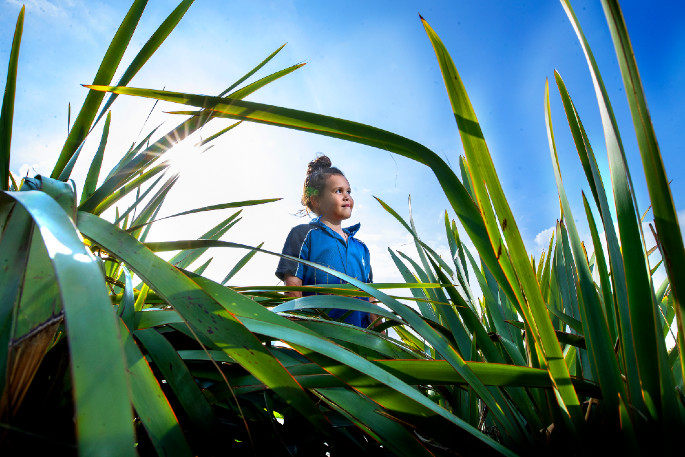The future of Mauao's flora is being protected by local children through the People, Plants in Schools programme.
Tamariki from the programme will spend a morning collecting native seeds from the maunga to grow and return once the seedlings are big enough.
The seeds will be grown back at school then when ready, the natives will be planted on a special site that will become the Pips Mauao Whanau Ngahere or Family Forest – enabling children to experience the full growth cycle of natives.
The plants can take up to three years to grow, so the students will be invited back to return the natives to Mauao at a community planting day.
PiPs project manager Marie Paterson says it is the first project of its kind where children will experience collecting native seeds and learn the tikanga behind it.
'Our kaupapa is to create future kaitiaki and form a connection with Mauao through regeneration.”
Marie wants the students to be able to say to their children in years to come that they were a part of growing the trees when visiting the landmark.
'It's more than just our kids placing a tree in the ground, we want our kids to take in everything that is special about Mauao.”
People, Plants in Schools run garden programmes in six schools in Papamoa and Mount Maunganui that teach children about the environment and how to grow and cook their own food.
PiPs garden facilitators and volunteers work with children from the garden clubs for five hours week to run their school garden and do other environmental projects.
Garden facilitator Tessa Papadopoulos says it's important for kids to reconnect with their food and where it comes from because it helps them take care of the environment.
The play based learning is driven by what the children want to learn and explore and each school's club is run to suit the needs of its students, says Tessa.
During their gardening session they might come across a bug which opens up a conversation about insects, so what they encounter forms part of their learning, she says.
'It creates that appreciation and you look that little bit closer. So rather than just walking past a tree we'll stop, we'll talk about the tree, we'll talk about its place in the environment, how it works, that everything has a role,” says Tessa.
Arataki School student Aidan McGreal, 10, loves the garden club and says it's really fun because he gets to grow some of his favourite foods.
'I love broccoli, so it's like really, really good,” he exclaims.
'I like learning about seeds and germination. I like soil and it's really fun learning about it and it also gets me out of my class for a bit. Getting to learn outside is really good.”
Tessa says the friendships formed and teamwork involved in the garden clubs is amazing.
Maila Macefield has learnt how to grow a variety of vegetables and make compost through Arataki School's club.
'My favourite thing is learning how to grow seeds and learning with my friends,” says the eight-year-old.
Marie says the great thing about the programme is it's locally run so children can connection with the community, local organisations and their local environment.
The PiPs seed collection day is on Sunday, May 2, and is open to any children who are part of the PiPs gardening programme.
For more information or to register for the day, visit the website: www.pipsbop.org



0 comments
Leave a Comment
You must be logged in to make a comment.